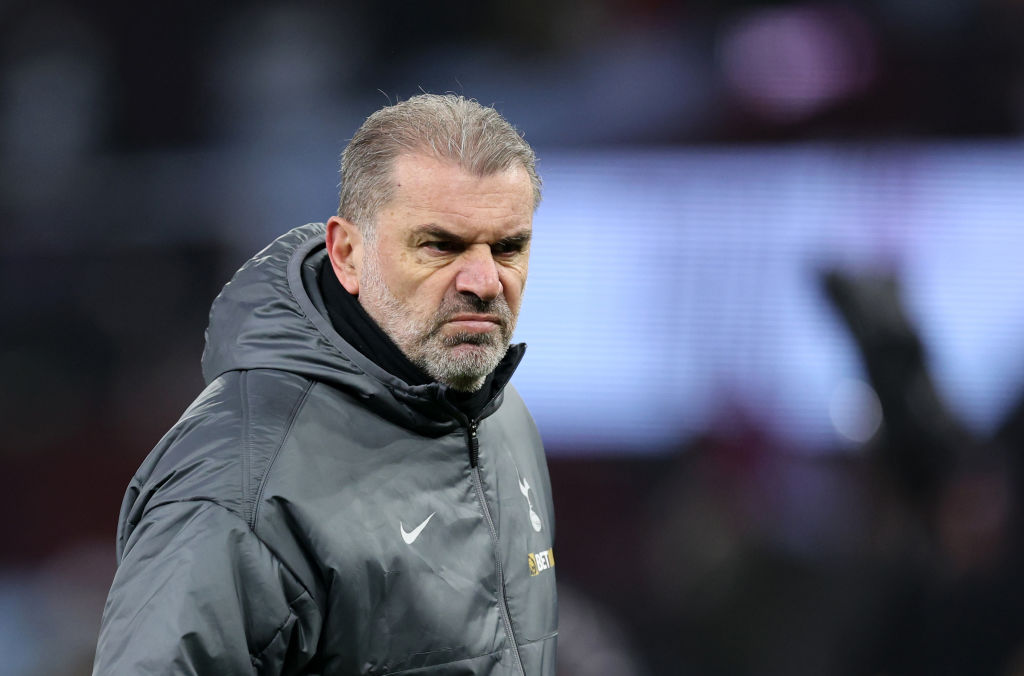Driving Mr Mokoena
Aaron Mokoena will again be a proud man when he leads South Africa out against Uruguay in Pretoria today.
The South African lived in Manchester while he was at Blackburn Rovers until last summer, when he left Ewood Park for Portsmouth.
He had a choice of Wolves or Portsmouth, but said he chose the latter because it was near the sea and he wanted a little boat.
I met Aaron in January 2005 when he moved from Belgium to Blackburn after a successful trial. His manager asked me to point him in the right direction. There are a lot of sharks in ManchesterâÂÂs goldfish bowl if youâÂÂre a Premiership footballer and not every player has Sir Alex Ferguson looking out for them at every corner.
Mokoena was a young lad in an alien city, but he loved life in England. At first he lived in the centre of town before buying a house near the airport, which he now rents to Dimitar Berbatov.
Socially, MokoenaâÂÂs partner in crime was Benni McCarthy and the pair would often go out in Manchester. I took them to a nice bar one night soon after Mokoena signed. Hairdressers from Walkden and smartie heads from Prestwich marched in with a nod and a wink, but the doormen wouldnâÂÂt let us in.
âÂÂSorry lads, not tonight.âÂÂ
Get FourFourTwo Newsletter
The best features, fun and footballing quizzes, straight to your inbox every week.
Benni was the second highest scorer in the Premiership at the time, Mokoena the captain of South Africa. Thankfully, neither were tempted to give it the âÂÂDo you know who I am?
In different circumstances and at a later date, the barâÂÂs owner made a fuss of them and invited them to the VIP section. HeâÂÂd no idea that theyâÂÂd been refused entry. The pair remembered and never went. Holden Caulfield was right. Life is full of phonies.
A driving ban â MokoenaâÂÂs grasp of the term âÂÂcar insuranceâ was somewhat sketchy â meant my brother Joz drove Mokoena to training each morning.
Both daft footballers, they became good mates. Aaron would have what Joz called âÂÂcrap South African Umba Bumba musicâ blaring; my brother would introduce him to the finer aspects of Manchester music and teach him some Manc slang â a melding of cultures brought together through football.
Joz â who Aaron called âÂÂBig Manâ - was a plumber who played semi-pro at the likes of Ashton and Altrincham, Mokoena an ã18,000 a week Premiership footballer who plied his trade at Old Trafford and Anfield.
Because he played for Blackburn and not United or City, he went about his business in Manchester virtually unrecognised.
One day, he took Joz to have a haircut in Moss Side. Joz was the only white man in there and couldnâÂÂt understand the patois. He asked for a grade three, which Aaron changed to âÂÂgrade one all over.âÂÂ
Joz walked out with blood on his head and fifteen Afro-Caribbean men laughing at him.
Mokoena would go to watch Joz play. He saw Flixton at Salford City in front of 187 fans. The friendly Salford officials had no idea who he was as he paid his ã5 to enter Moor Lane, but one suggested he move his expensive car inside the ground for safety.
Mokoena bought a programme, a ticket for the draw and went in the clubhouse after the game. We introduced him to pie, peas and gravy and he enjoyed it so much that he ordered the same again.
When Mokoena was playing UnitedâÂÂs key opponents, weâÂÂd tell him the importance of raising his game. Perhaps he took it too literally in one tackle on ChelseaâÂÂs Arjen Robben, but while television highlighted the horror of RobbenâÂÂs face as his foot was broken, Mokoena was contrite.
âÂÂIt was an accident,â he said in the car after. âÂÂI feel really sad.âÂÂ
MokoenaâÂÂs upbringing had made him tough. Known as âÂÂThe AxeâÂÂ, he had a wicked boyhood scar on his right cheek and was used to break up play by a rough Blackburn team.
At times he seemed too coarse for the Premier League, as if heâÂÂd done a term at the Paul Scholesâ school of tackling.
He grew up in the township of Boipatong, scene of a massacre in June 1992 when 42 died. His memories of that disaster were vivid and scary. His mum had even dressed him as a girl because she heard âÂÂtheyâ coming to kill young boys.
He probably looked better than in the garish white suit he wore on one return to South Africa.
âÂÂMy mother raised my four brothers, two sisters and me single-handed during difficult times,â he once said. âÂÂPapa died when I was very young. But my mum is a tough woman.
âÂÂThatâÂÂs probably where I get it from. She was a nanny for a white family. It was hard for her but she did all she could for us. She was always trying, trying, trying. If she had only a bit of money then she would buy me football boots. She believed in me. She taught me to be responsible.âÂÂ
Mokoena had bought his mum a house when he joined Ajax and told her that she could stop working for the white family, even though they treated her like a friend. She was having none of it.
Maria Mokoena would come to Manchester and my brother would pick her up at the airport. The culture was alien to her and trips to Selfridges of Harvey Nichols didnâÂÂt impress her. She couldnâÂÂt wait to get back to South Africa.
Mokoena moved last summer. I was driving back from Hull away when he called to invite us out for a final drink. He invited us down to Portsmouth â he never did buy the dinghy to sail in the Solent - and invited my brother to the FA Cup final recently.
And he texted yesterday. âÂÂUnbelievable,â was all he wrote. HeâÂÂs having the time of his life.
More Confessions of a Correspondent
FFT.com: Features * News * Interviews * Home
Interact: Twitter * Facebook * Forums

Andy Mitten is Editor at Large of FourFourTwo, interviewing the likes of Lionel Messi, Eric Cantona, Sir Alex Ferguson and Diego Maradona for the magazine. He also founded and is editor of United We Stand, the Manchester United fanzine, and contributes to a number of publications, including GQ, the BBC and The Athletic.
